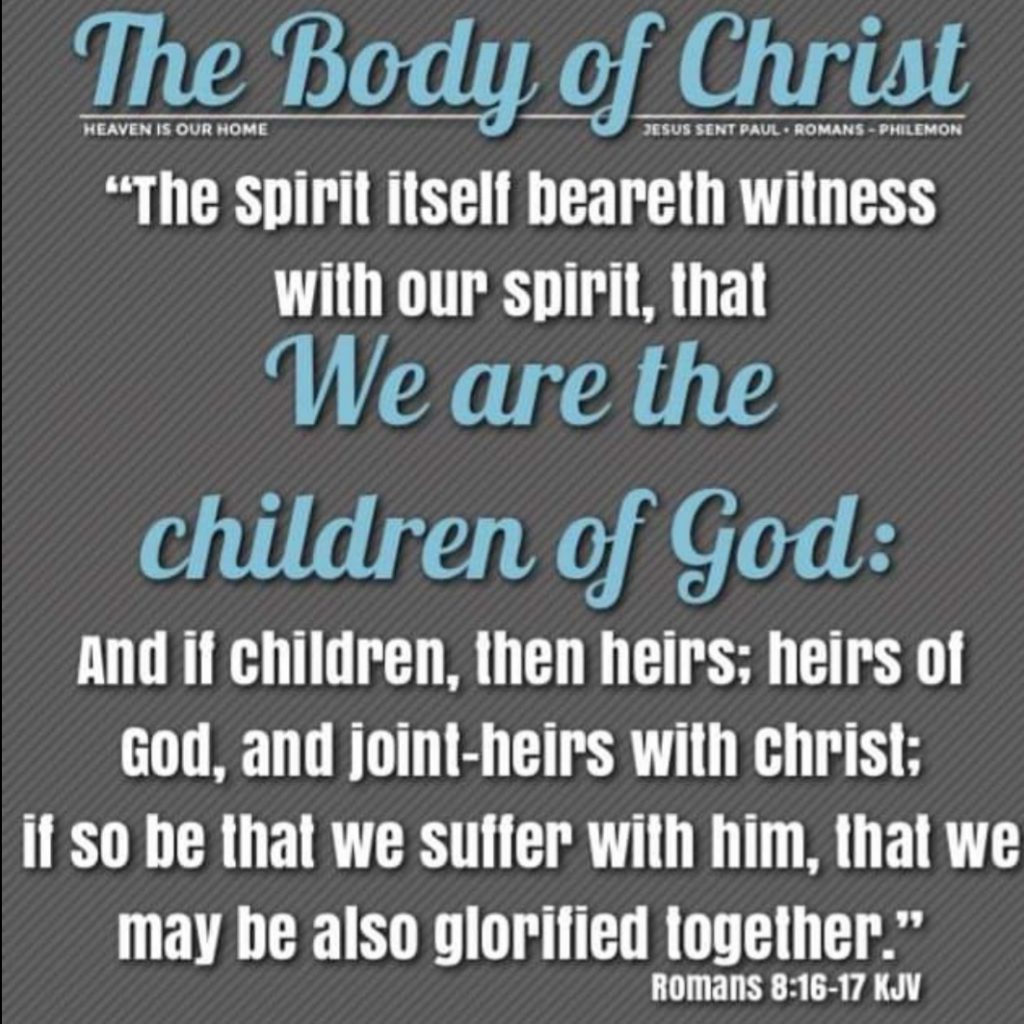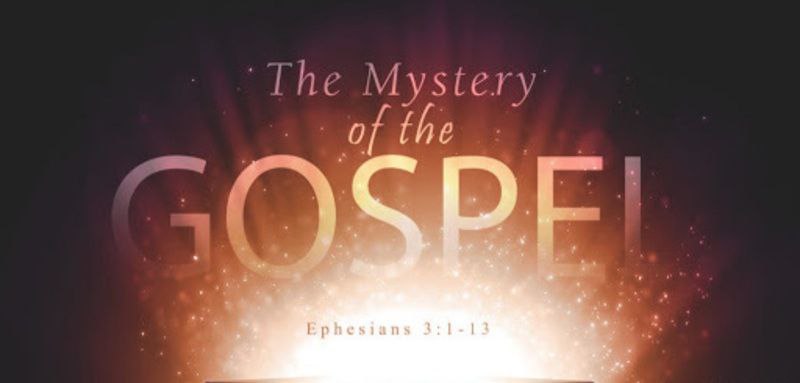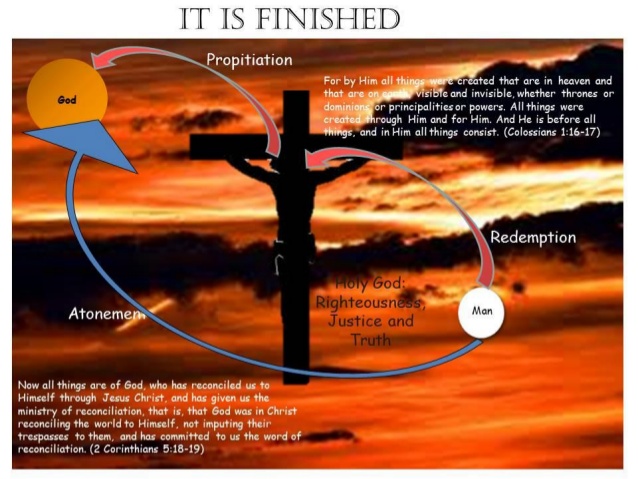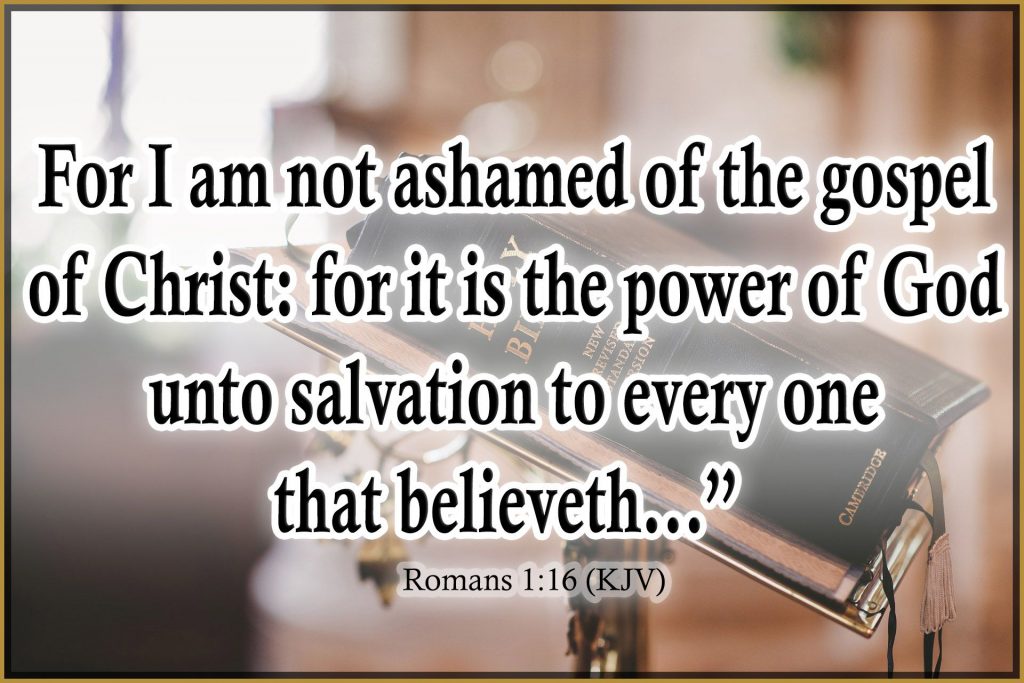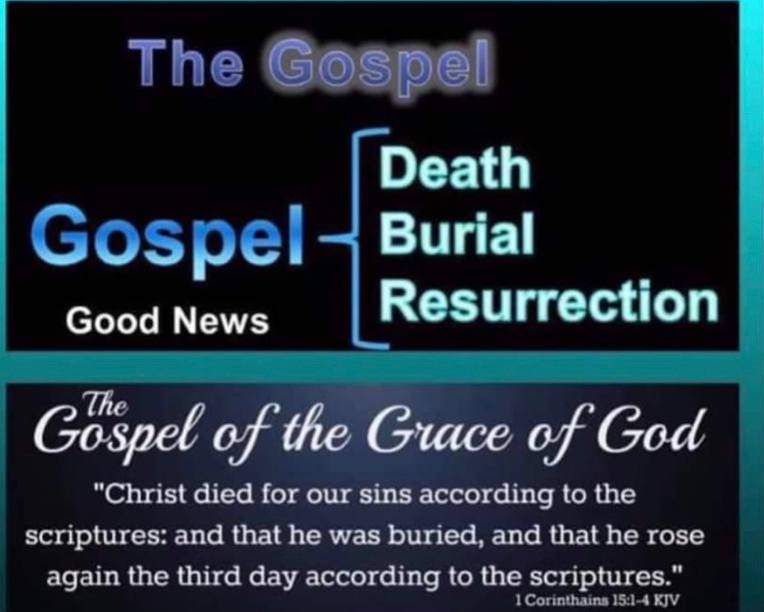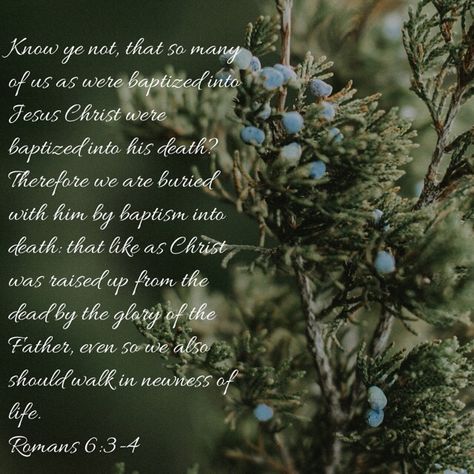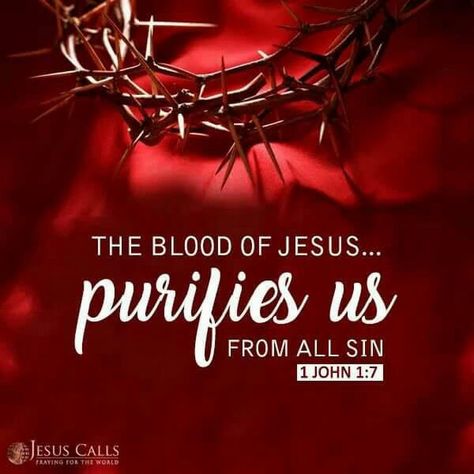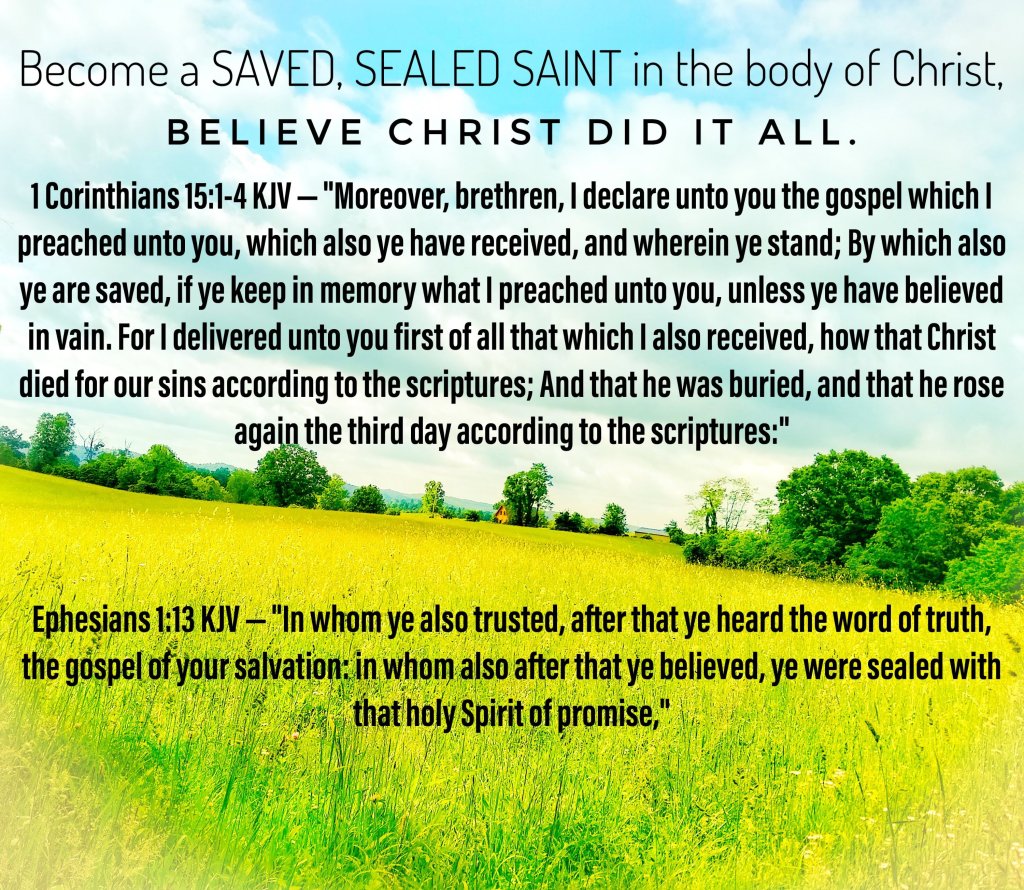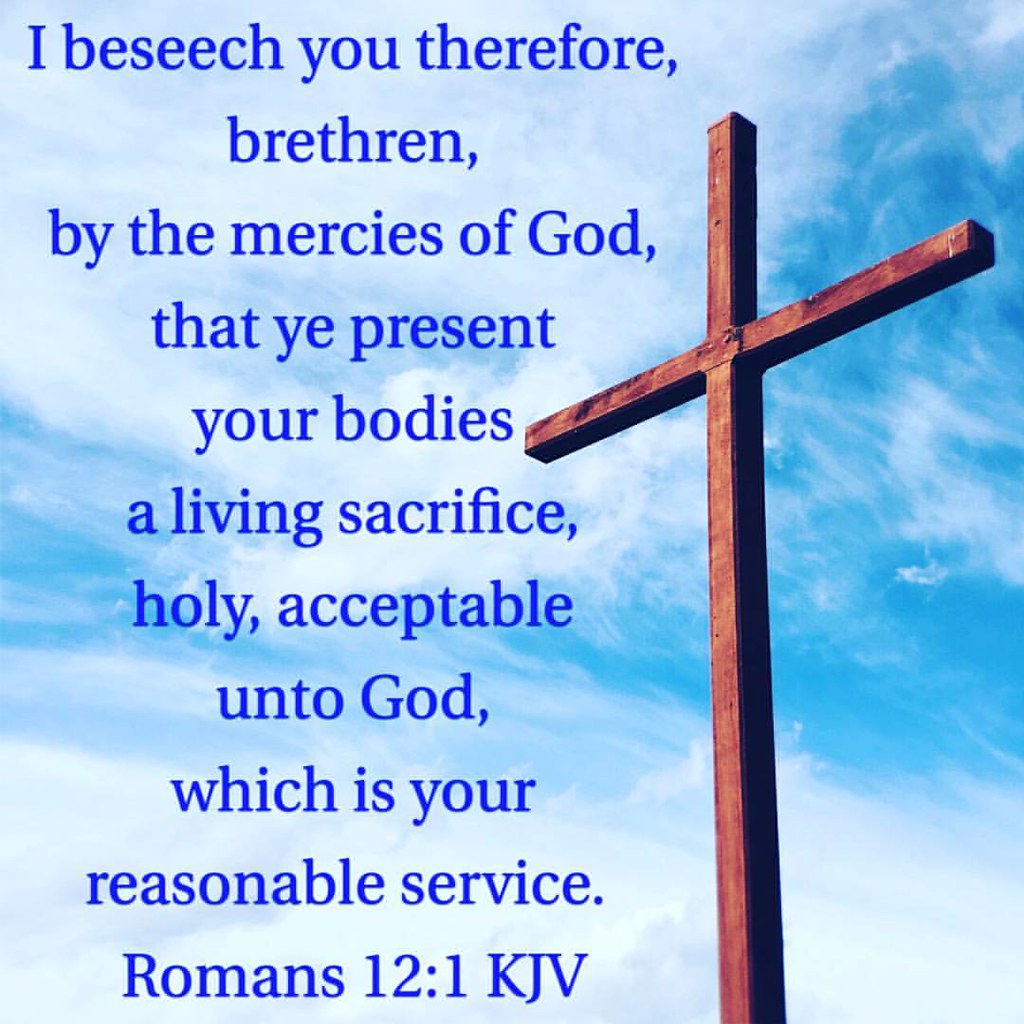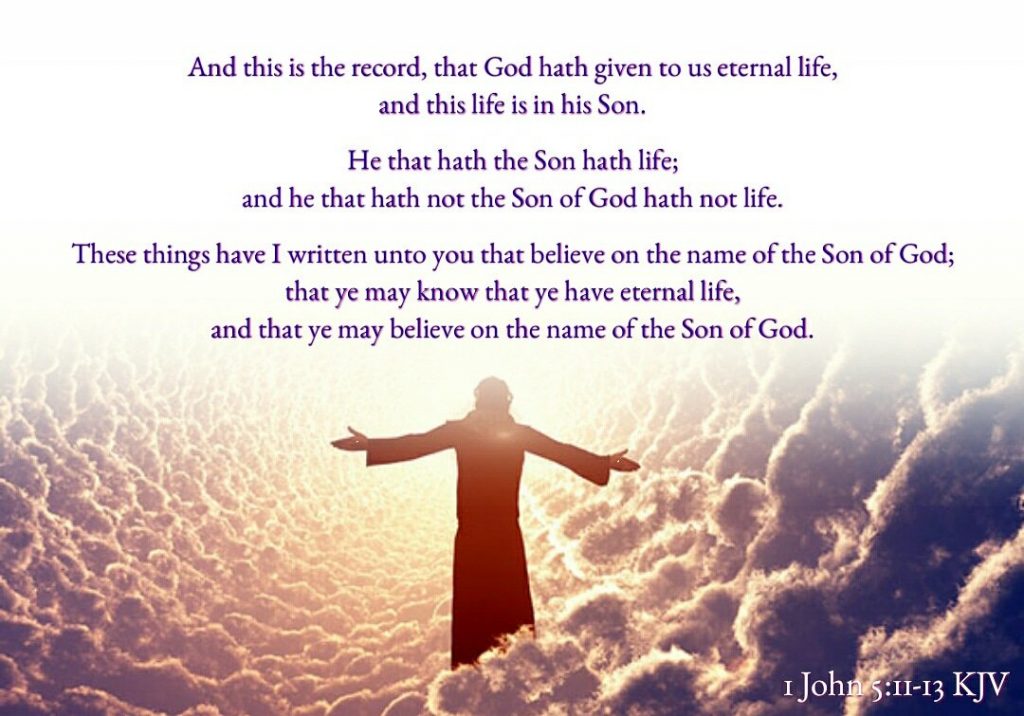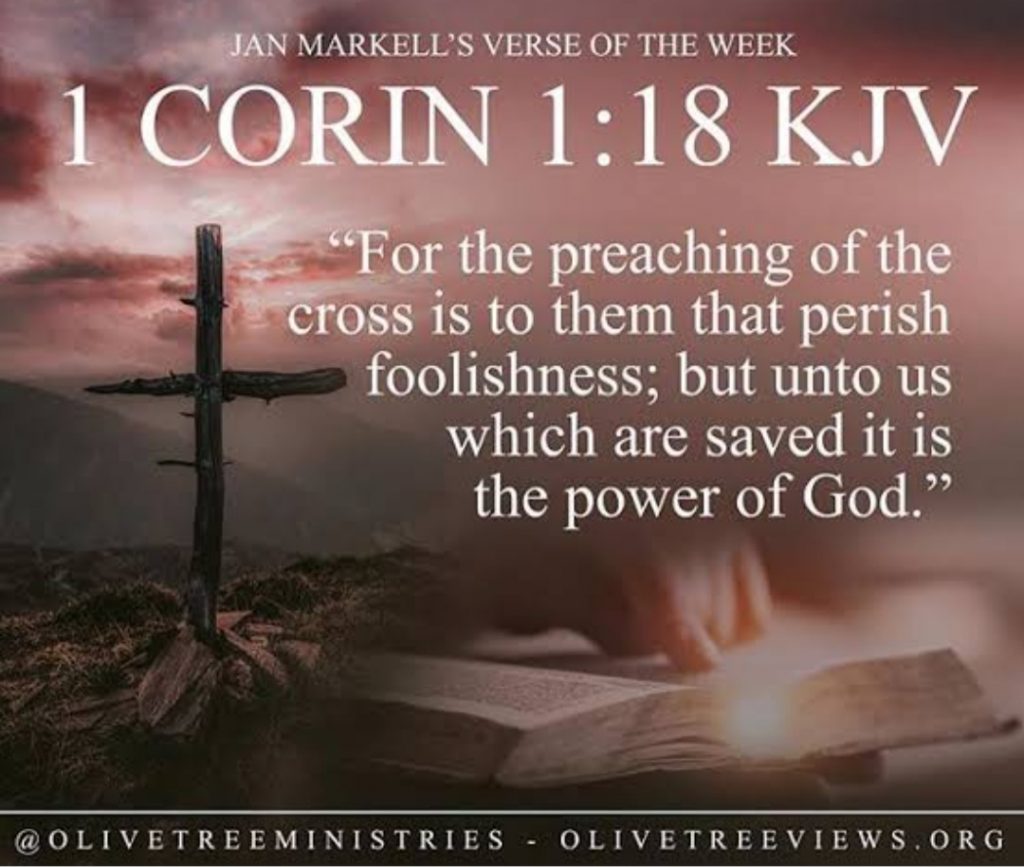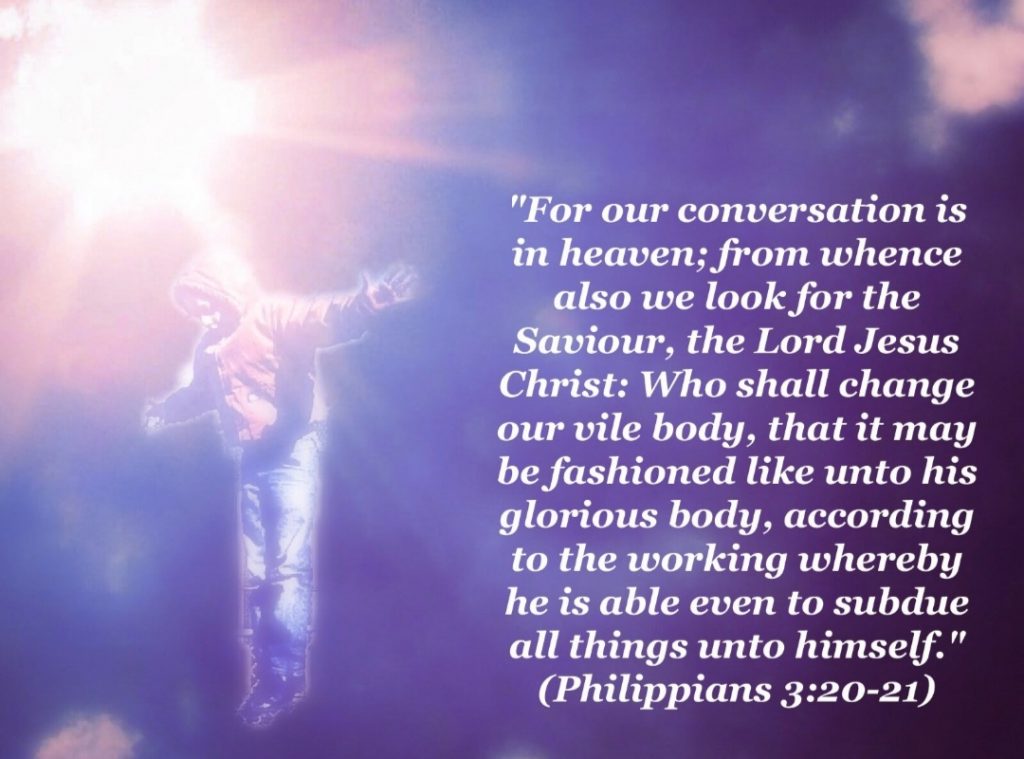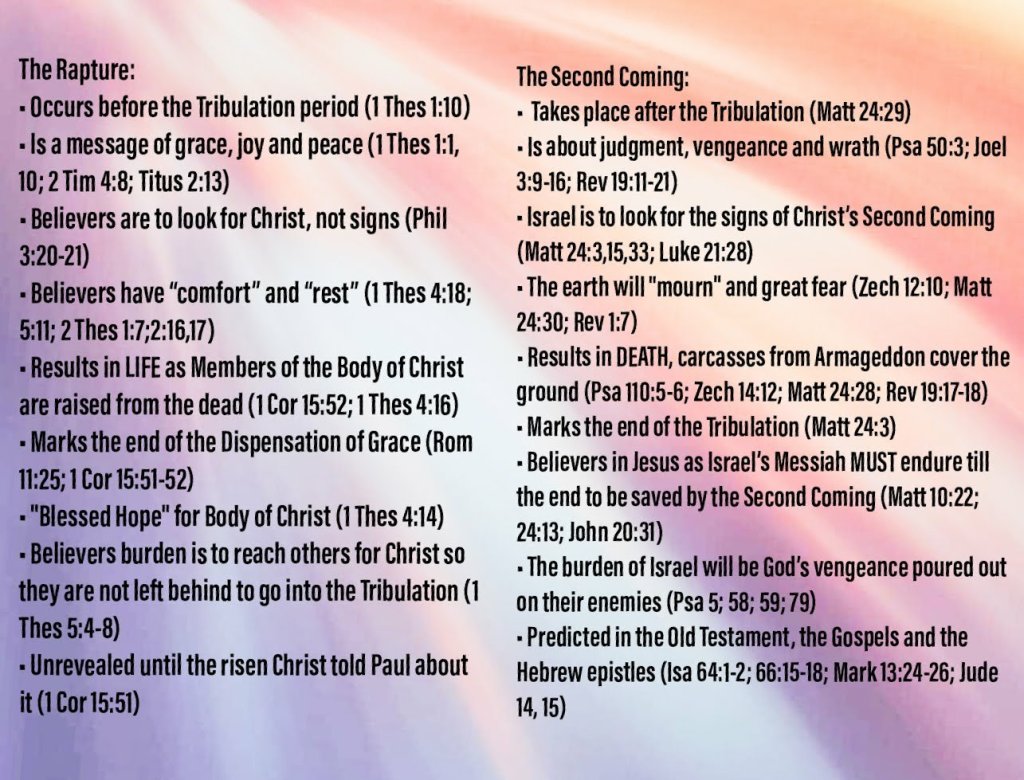The essential content of Christian preaching, Paul says, is the mystery of the gospel. He writes that the preaching of the Word of God is seen in “the mystery which has been hidden from the past ages and generations, but has now been manifested to His saints” (Col. 1:26). A mystery?
But if you preach the gospel, you just might discover that it is not quite so popular. But it is powerful and it is mysterious. Why? Because it was a mystery that God hid from previous generations in order that it might be displayed publicly at the time of the Lord Jesus Christ.
Look at Paul’s statement in verses 26–27: “that is, the mystery which has been hidden from past ages and generations, but has now been manifested to His saints, to whom God willed to make known what is the riches of the glory of this mystery among the Gentiles, which is Christ in you, the hope of glory.” As Paul quite personally knew, true preaching often leads to a riot. But the true preaching of the gospel is the preaching of the mystery of God. It was hidden, but now it is revealed to the Gentiles.
The Gentiles had been understanding God’s way about as correctly as someone using a Ouija board. But out of that darkness, out of that confusion, out of that sinful depravity, out of that backwardness, and out of that ignorance had come the shining light of the gospel, which is a mystery. It is the mystery of mysteries: Christ in us, the hope of glory.
There is glory, and this glory can even come to us, but it is not ours. There is a glory we should seek, but it is not glory for ourselves, but the glory of Christ. And that glory is most evident not just when Christ is preached as an abstract and objective truth, but when Christ becomes in us the hope of glory. Paul’s concern was not just that his hearers would come to a correct cognitive understanding of the gospel, although that was essential. His concern was that the gospel would be received by faith and that lives would be transformed. Paul’s wonderfully symphonic presentation of the gospel in the book of Romans helps us to understand how sinners become saints, how we are justified by faith, and how we are adopted as sons and daughters of the Most High God.
The gospel is simply the most transformative, the most powerful, and the most explosive message there is.
When Paul speaks of “mystery” in the book of Colossians, he means something very different (Col. 1:26, 27; 2:2; 4:3). He is not speaking of a puzzle to be solved or of something that is impossible for us to understand. Instead, Paul describes mystery as a truth which was previously hidden but has now been made known by God. In the book of Colossians the mystery Paul has in mind refers to the indwelling of Christ, the believer’s hope of glory.
Paul outlines the broad contours of biblical mystery in Colossians 1:26 when he characterizes this doctrine as something that “has been hidden for ages” but is “now disclosed to the Lord’s people.”
It was a mystery that had been revealed to him. Paul had received what he was declaring to them from God, and not from other men. Galatians 1:11,12 – But I make known to you, brethren, that the gospel which was preached by me is not according to man. 12 – For I neither received it from man, nor was I taught it, but it came through the revelation of Jesus Christ.
The mystery is simple, “Gentiles are fellow heirs, members of the same body, and partakers of the promise in Christ Jesus through the gospel”.
Paul’s gospel offered Gentiles a right
relationship to God (justification and; sanctification) totally apart from the Mosaic Law (Rom. 3:21; 10:4; Gal. 2:19-20; 3:1-4; Rom. 7:1-4). Paul’s gospel was not in accordance with the dispensation of Law.
This mystery also includes a revelation of the extent of Christ’s work. In Ephesians 3:3–4, Paul writes of the mystery made known to him by revelation, which he also refers to as “the mystery of Christ.” This mystery was not made known to previous generations but was revealed by the Holy Spirit to those who first preached the gospel.
The mystery of the gospel is God’s message of salvation for the dispensation of the grace of God. The mystery of the gospel thus includes revelation concerning positional truth never revealed in ages past – a mystery element to the gospel. The gospel includes information about what the sinner is delivered FROM: his old position IN Adam (I Cor. 15:22) and thus delivered from Adam’s sin and condemnation.
There can be no good news until the sinner first understands the bad news of his sin and its consequences – eternal condemnation. The gospel includes information about what the sinner is delivered TO: the believing sinner of this age is delivered TO Christ and His Body. The believing sinner of this age is baptized into the church, the Body of Christ (I Cor. 12:13). The believing sinner of this age is brought into a new relationship to Christ (Col. 1:27). (Christ in you). The believing sinner of this age is brought into a new position in Christ (Eph. 2:6). The mystery of the gospel changes a man’s position from IN Adam to IN Christ. Salvation also calls men OUT of the world system (Eph. 2:12) and places him IN Christ (Eph.2:13; John 17:16).
These new riches IN Christ Jesus (a new position IN Christ) were never revealed before – but were included in Paul’s evangelization of the Gentiles.
He presented the Person and work of the Lord Jesus Christ and taught many truths about Christ, the Body of Christ, and our riches in Christ as well. This is the good news Paul preached “among the Gentiles” (Eph.3:8)
Paul considered himself an ambassador of the mystery of the gospel. The term translated “ambassador” means an elder statesman or a senior delegate who serves as a representative or emissary. Paul spoke of himself and the other apostles as ambassadors of Christ also in II Cor. 5:20. In that passage he noted that as ambassadors they spoke for God, and yet at the same time, God was speaking through them! (“as though God did beseech you by us…”) As an ambassador for Christ, Paul wanted to be that vessel through whom God’s message (the mystery of the gospel) was proclaimed. He wanted to speak that message boldly too.
Paul was an ambassador to the Gentiles and preached new revelation he received from the Risen Christ concerning the church – a Body of believers in which there was no distinction between Jew and Gentile. Because of that, Paul was “an ambassador in bonds.” The mystery of the gospel for which Paul was in bonds included previously unrevealed truth that we do not always associated with the gospel message today – but Paul did. The desire of the apostle’s heart was that the mystery of the gospel not remain a mystery, but that it be MADE KNOWN.
The mystery of the gospel Paul preached:
• included the essential facts of the gospel (I Cor. 15:1-4)
• was according to the new revelation of the mystery (Rom. 16:25-26)
• included a comprehensive proclamation of the Person and work of Jesus Christ (Rom. 16:25-26)
• included positional truth concerning our lost position in Adam and a new position in Christ (I Cor. 15:22; Rom. 8:1)
• included positional truth concerning the riches IN Christ (Eph.3:8)
• included teaching concerning the mystery of godliness – salvation from the power of sin (I Tim.3:15-16)
DEAD TO SIN ALIVE IN CHRIST
1 John 2:1-2 NKJV
My little children, these things I write to you, so that you may not sin. And if anyone sins, we have an Advocate with the Father, Jesus Christ the righteous. And He Himself is the propitiation for our sins, and not for ours only but also for the whole world.
Propitiation sounds like a very complicated word but it has a very simple and revealing meaning. It simply means that Christ became our substitute and took on our obligation to appease the wrath of God and to make right our wrong.
Romans 6:1-14 –
Paul emphasized God’s grace, but some suggested to get more of grace they should do more sinning. He strongly opposed this idea. He is saying that sin ended when we became Christians even though we still do wrong things. We should not let sin control our lives anymore. We were buried with Him in baptism so we too are raised like Christ to a new life. Paul says we died to sin and repeats it several times throughout the chapter, because he wants us to really get his message on living a godly life. We are rescued from sin’s power. We still sin, because we are not perfect, but sin doesn’t control us. (Rom. 6:1-4)
Christians died to sin and were buried with Him in baptism to live a new life. The word “died” refers to past action. We are not “dying to sin” nor are we “continuing to die”. We are “dead to sin”, when we believe in Jesus. Christians no longer respond to sin. There is an uniqueness of believers. Once sin defined us and sin was our life which gave us our identity. Now that Christ is our life, believers have a new identity.
As a Christian your identity is now in Jesus and you cannot return to practicing sin. You can sin and you do sin, but now sin collides with who you are in Jesus. Jesus has won the battle against sin for everyone who believes.
If we were united with Him in death, we will also be united in His resurrection. If we died with Christ, we believe we will also live with Him. Our old self was crucified with Him so we will not be a slave to sin, because anyone who has died has been freed from sin. (Rom. 6:5-7).
When you decide to turn from your sin, baptism follows. Baptism is taking part in His death and resurrection. Baptism means to immerse. Our sinful lives end and we rise again to a new life to live and serve Christ. You begin a new relationship with Christ. We were redeemed when Jesus died, was buried, was resurrection, and was raised. This actually happens the instant we believed.
Christians are united to Christ by our faith. Our old nature died on the cross with Christ and now sin has no power over us. When Paul speaks of our old self, he is speaking of a life of evil desires, a life of self-indulgence, and a life controlled by our sin nature.
Christ died only once for all people then, now and in the future. He will never die again. Our resurrection will be like His resurrection. Like Christ we will live to give honor to God.
